Igniting Innovation
Featuring the Entrepreneurial Mindset Profile® (EMP)
Igniting Innovation can be delivered as a stand-alone session or integrated into a series of leadership modules you may already have to meet the needs of a group, team or an entire organization.
The entrepreneurial mindset is not just for entrepreneurs anymore. In an increasingly global economy where change is fast-paced, constant and unpredictable, organizations need new skills, approaches and behaviors to stay competitive. In other words, they must adopt an entrepreneurial mindset. The traditional, outdated methods simply aren’t effective in today’s turbulent environment, and being able to self-reflect, pivot and push forward in entirely new directions is crucial to gain strategic advantage. This segment explores how anyone—regardless of organization, position or level—can best identify, develop and utilize their unique strengths on dimensions such as Idea Generation, Execution, Future Focus and Action Orientation to give their teams that agile edge that’s really critical right now.
During the session, individuals will
- Understand the value of the entrepreneurial mindset for leaders and teams who are charged with driving growth and innovation within their organizations;
- Receive feedback on 14 characteristics and skills associated with the entrepreneurial mindset;
- Identify their unique strengths in entrepreneurial thought and behavior;
- Create a plan to leverage their strengths in service of critical organizational challenges;
- Recognize the benefits of their own entrepreneurial profiles for accelerating innovation and creating competitive advantage, and;
- Experience activities designed to unleash entrepreneurial skills and enhance innovation efforts.
Participants will also receive the EMP Development Guide which provides interpretive guidelines, comprehensive developmental suggestions, recommended resources and action planning tools.



